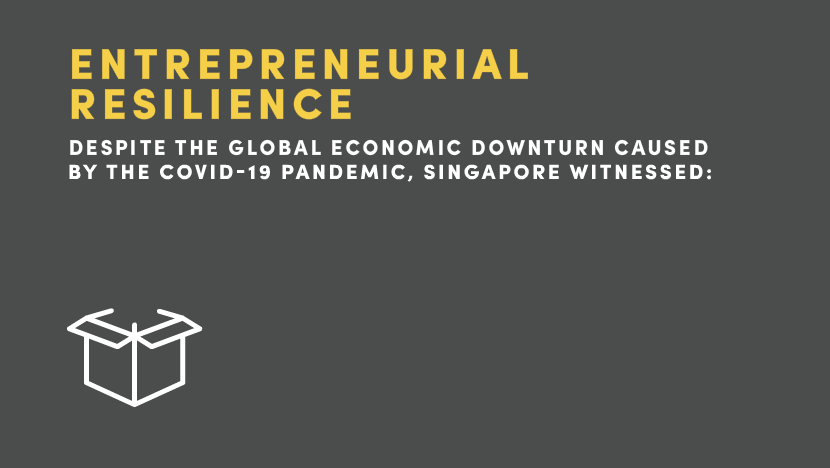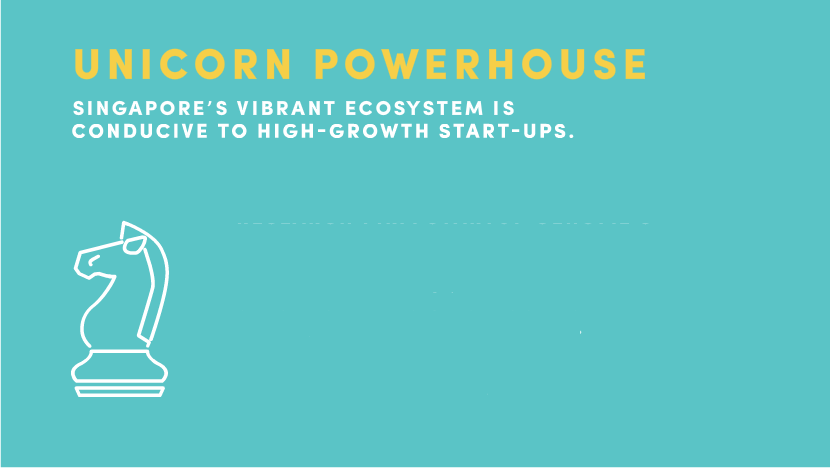
START-UP ESSENTIALS:
THE FIVE KEYS TO SUCCESS
The Big Spark
In the fast-paced start-up world, a definitive blueprint for success may not always be clear-cut. Yet, there are certain foundational elements that every new business must have to elevate their venture. Whether it’s creating a compelling value proposition or establishing a sustainable business model, these elements can be critical differentiators between flourishing success and untimely failure.
A cadre of distinguished investors and venture capitalists across Asia sheds light on the five indispensable factors vital to a start-up’s prosperity in today’s fiercely competitive market.

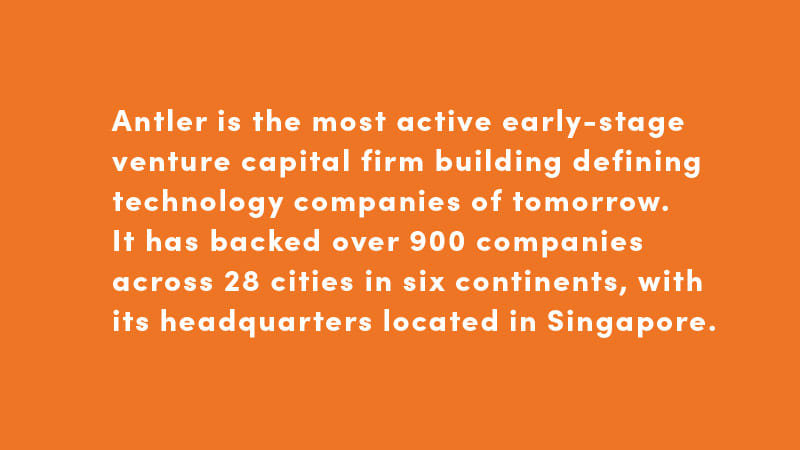
#1 A ROBUST FOUNDING TEAM
At the heart of every trailblazing start-up is its founding team. Founders are the architects of a company’s vision and its culture, and must exhibit a combination of technical expertise, strategic acumen and emotional intelligence. They are not only the masterminds behind the company’s direction but also the embodiment of a leadership. Their ability to attract talent, communicate effectively and lead decisively during challenging times significantly influences the business’s growth trajectory.
Mr Jussi Salovaara, co-founder and managing partner of Asia at venture capital firm Antler, observed that successful founders need to be both visionary and execution-oriented. He said, “True visionaries are capable of executing. They are dreamers who keep their feet firmly on the ground.”
Echoing his sentiment, Mr Neeraj Tyagi, co-founder and CEO of We Founder Circle, a Mumbai-based startup investment platform, noted that founders who have great people skills have a high chance of success. “The combination of these attributes will result in a really formidable start-up,” he said.
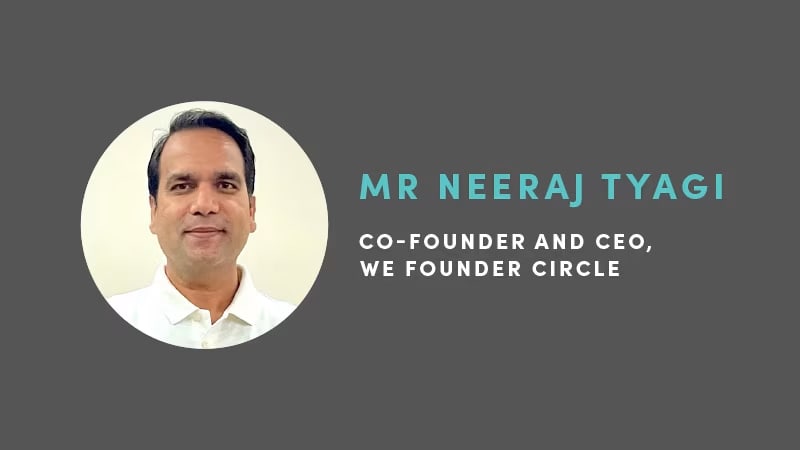
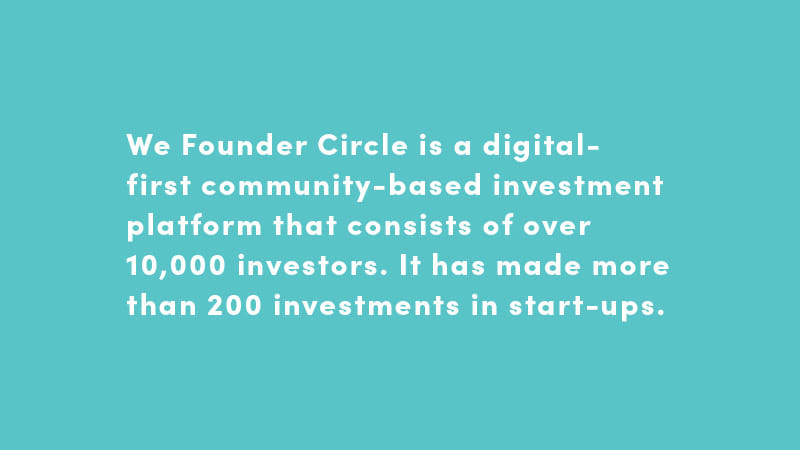
#2 A COMPELLING VALUE PROPOSITION
Success for a start-up hinges on identifying and serving a tangible need, while distinguishing itself from competitors. This crucial alignment of product offering and market demand is what creates a market fit. A strong value proposition anchors this fit, illustrating clearly why consumers should choose their product over all others.
Without a clear value proposition, many start-ups are doomed for failure. “The biggest reason why a start-up fails is not a lack of funding, but because it has built a product or solution that was not even needed by the customers,” said Mr Tyagi. “When you can’t think deeply about the business viability and your customers’ needs, that’s a lack of vision.”
Additonally, a start-up’s value proposition is not set in stone; it requires an agile approach, adapting over time with ongoing customer input and shifting market conditions.

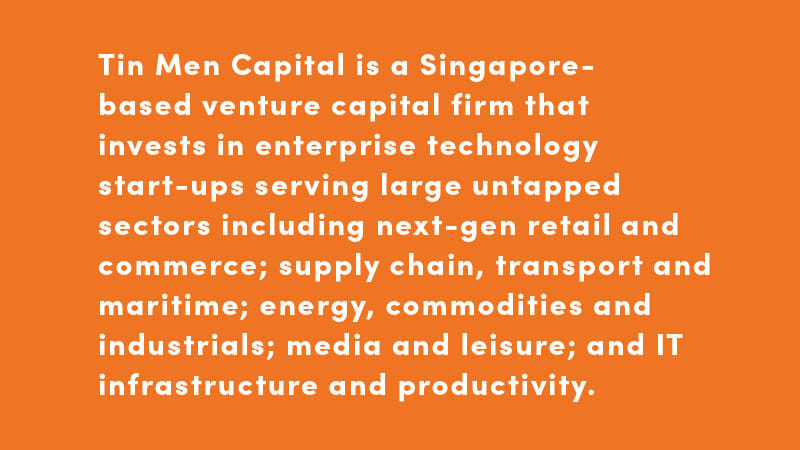
#3 A SUSTAINABLE BUSINESS MODEL
It is critical for start-ups to have a robust strategy for generating revenue and sustaining profitability, while also scaling up the business. A well-thought-out business model should take into account the intricacies of cost structures, profit margins, sales channels and customer retention strategies. It must also be flexible enough to pivot in response to market shifts, allowing the start-up to scale operations without incurring proportional cost hikes.
To build a sustainable business model, Mr Murli Ravi, co-founder of Singapore-based venture capital firm Tin Men Capital, advises founders to ask themselves this question: ‘Do I make a profit on every customer that uses my product?’ He said, “When funding is flowing freely, this question is rarely asked, as the focus tends to be on growth, never mind the cost.”


#4 LASTING CUSTOMER CONNECTIONS
Establishing deep customer engagement extends beyond mere sales; it’s about building solid, enduring relationships. When customers feel connected, they’re more likely to remain loyal, which not only bolsters retention rates but also amplifies the overall image of the brand. This allegiance can prove invaluable, particularly through challenging times, as devoted customers tend to stay with brands they trust, thus contributing to the company’s resilience.
Mr Mok Shao Hong, centre director of Hatch, the innovation hub for public safety and security established by HTX, underscores the importance of this connection. “Engage with customers early and often. This is especially necessary early on in a company’s development, as it is the key to sustainable growth.”

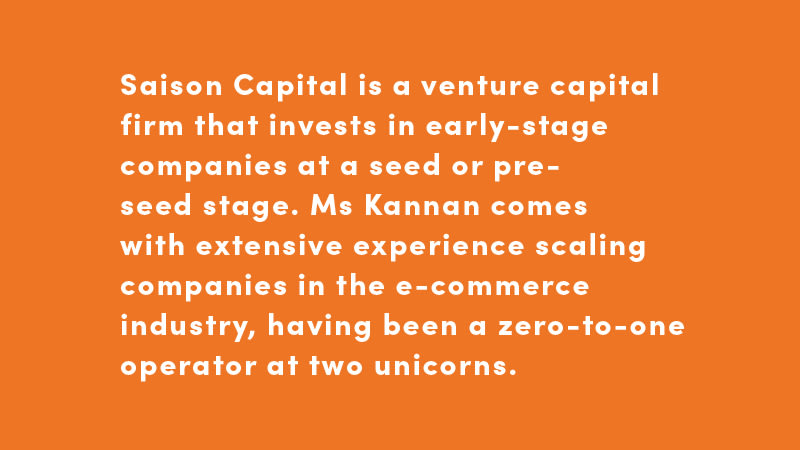
#5 GRIT
Start-ups face a notoriously steep failure rate, with the road to entrepreneurial achievement filled with hurdles. In this environment, founders must have the determination to push forward even when the going gets tough. A cohesive team, steadfast in its dedication to the company’s vision and adaptable when confronting difficulties, is fundamental to forging a lasting business.
It’s within these challenges that the advice of seasoned investors often becomes invaluable. “Start-up journeys are not linear. They pivot, they fail, and founders need to be persistent in difficult times,” said Ms Visa Kannan of venture capital firm Saison Capital. To foster this tenacity, she advises new founders to connect with and learn from people who have weathered similar storms.
